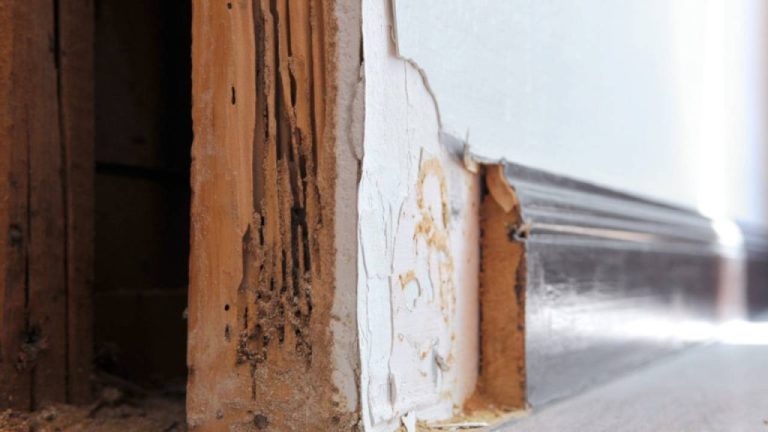
:max_bytes(150000):strip_icc():format(jpeg)/_JL16447-b7a547b27e8242febdd7550af0c59546.jpg)
When was the last time you purchased a new set of bed sheets? While most people keep a couple of different sets on hand and alternate them week after week, it’s important to note that even under the best of circumstances, bed sheets don’t last forever (experts suggest replacing yours once every two to three years).
However, there is still plenty that you can do in order to help prolong the life of your bedsheet. Below, two bedding experts weigh in with insights regarding how to care for your sheets, care pitfalls to avoid, and much more.
Rips and Tears
Alvin Wayne Interiors
No one wants to sleep on sheets with holes. If your bedsheets are showing rips and tears, they are past their prime and should be replaced. Keep in mind that you can still repurpose these as rags for cleaning around the house.
Want more design inspiration? Sign up for our free daily newsletter for the latest decor ideas, designer tips, and more!
Stains
Going to bed should be a calming experience, not a chaotic one. Staring at heavily stained sheets while dozing off isn’t going to help you relax or feel at ease in your space.
Thinning
You will want your sheets to be as comfortable and durable as possible. If they are thinning, this is a sign they should be replaced.
Discomfort
If your bedsheets are no longer comfortable to sleep on, you should part ways with them. Given that you spend roughly eight hours per night in bed, you deserve to lay down on soft, cozy sheets.
5 Factors That Affect How Long Your Bedsheets Last
Louis Duncan-He
- Frequency of use. As you may have assumed, the more often you use your bedsheets, the sooner they will need to be replaced. Other factors, such as if you sweat often during the night, may cause you to run through sheet sets sooner, explains Katie Elks, design director at Brooklinen.
- Type of bedsheet. You are going to need to replace fitted sheets and pillowcases more often than flat sheets and duvet covers. As Elks notes, the former absorb more sweat and body oils and also experience wear given that you lay on top of them, not under them.
- Fiber. When shopping for sheets, it is always smart to look for those made from fibers that are 100 percent organic, explains Lainey Hollis, SVP of product creation at Boll & Branch. “Not only is this better for you and the environment, but it also contributes to the longevity of your bedding,” she says.
- Weave. Equally important to consider is weave, which also affects quality. A four-over-one-under weave, for example, results in breathable, soft sheets, Hollis notes.
- Care. Of course, how well you care for your sheets will impact how long they last you, so you will want to be mindful when washing and drying them.
How to Make Your Sheets Last As Long As Possible
- Alternate between sets. Rather than using the same set of sheets every week, keep at least one spare pair on hand so that you’re not sleeping on one singular set each night.
- Follow care instructions. Elks recommends looking at your sheet set’s care instructions closely and washing them as prescribed to help them stand the test of time.
- Dry sheets like a pro. Don’t just toss sheets in the dryer and call it a day. “Make sure there’s always enough room in the dryer and that there’s at least a foot of space between the top of the bedding and the top of the dryer,” Hollis says.
- Remove stains as soon as possible. If you spill liquid or food on your sheets, wash them right away to prevent the likelihood of stains.
FAQ
-
Experts recommend purchasing new bed sheets every two to three years.
-
Weave and fiber affects whether sheets will last for a long time, and those made from higher quality materials often do retail at a higher price point.
-
Old sheets make for great rags for cleaning and can also serve as tarps while painting.
Get the best products from Amazon








